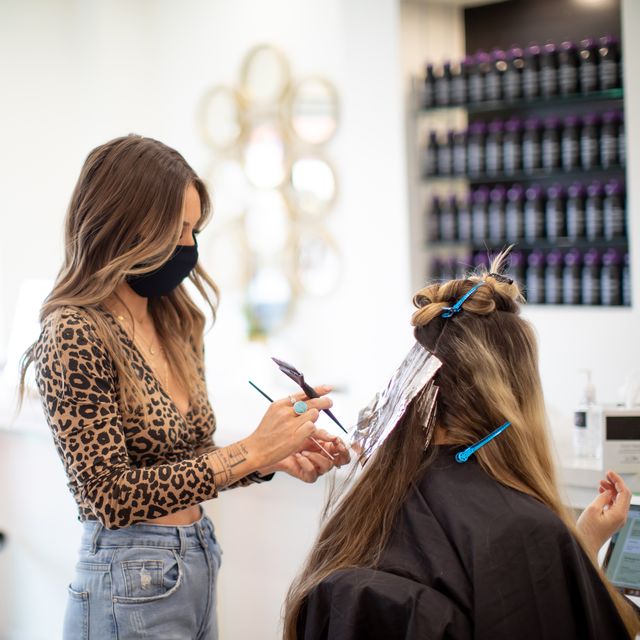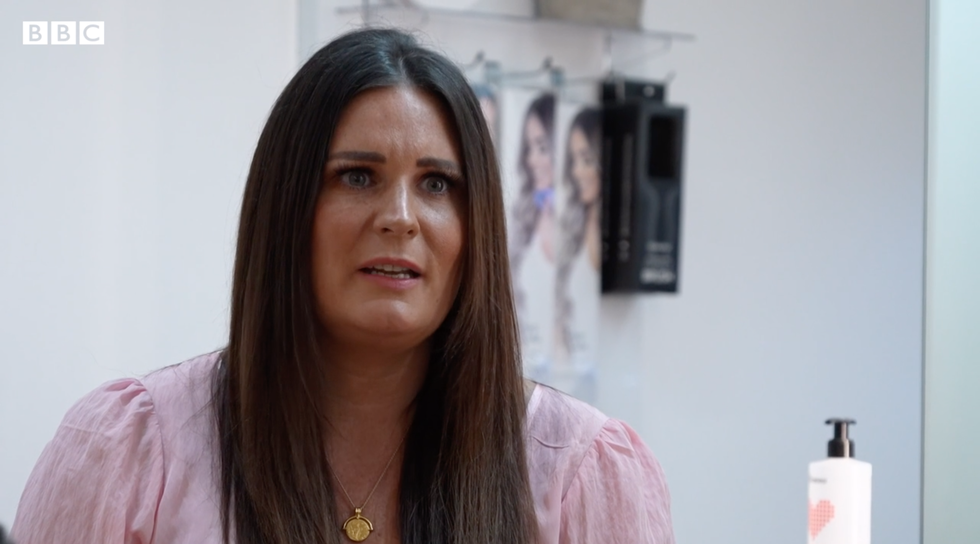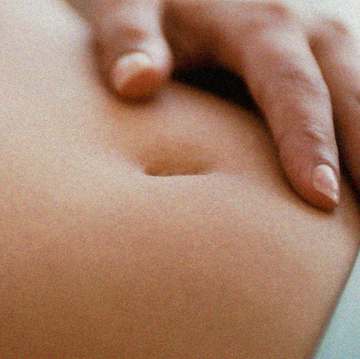As we find ourselves living in a post-pandemic world, we're all adjusting to a new way of life. And, while some things have remained relatively the same, some changes have come as a surprise. One such surprise is the link between COVID-19 and allergies to hair dye. Over the past year, more and more hairdressers have noticed a worrying increase in customers suffering allergic reactions to hair dye after testing positive for COVID-19.
Hairdressers report customers developing rashes and burns after using hair dye, even if it's a product they've used before. Now, according to the BBC, the trade body that represents hairdressers and beauticians is warning professionals to carry out additional patch tests to avoid facing legal action. Patch tests require customers to sample the product on their skin 24-48 hours before their appointment to see how they react.
Speaking to the BBC, Gemma explained how she'd suffered an allergic reaction to a patch test, despite using the same hair dye for 10 years. "I thought it was a bit of a faff having to come into the salon and wait 48 hours when all I wanted to do was get my hair coloured," she said, "however thank goodness that she [Gemma's hairdresser] had put the [patch test] policy in place."
"I had the patch test then the following day I felt a really hot burning sensation behind my ear, which progressively got worse, to the point where it had taken layers of skin from behind my ear," she added.
Gemma's hairdresser, Stacey, put the patch test policy in place after reading reports of other customers suffering allergic reactions at hair salons across the country, in addition to the hair dye manufacturer's guidelines.
"I was picking up and seeing a lot of reports from stylists and salon owners saying that people were having these new reactions that weren't having them before, so it really alerted me that something is going on here," Stacey told the BBC.
She revealed that Gemma wasn't the only client to suffer an allergic reaction after having a patch test, and realised this wasn't an "isolated incident."
"I started thinking, 'what is the link here?'" Stacey added.
Scientists at Imperial College London are now looking into the link between COVID-19 and allergic reactions, specifically how the disease could be reprogramming our immune system.














